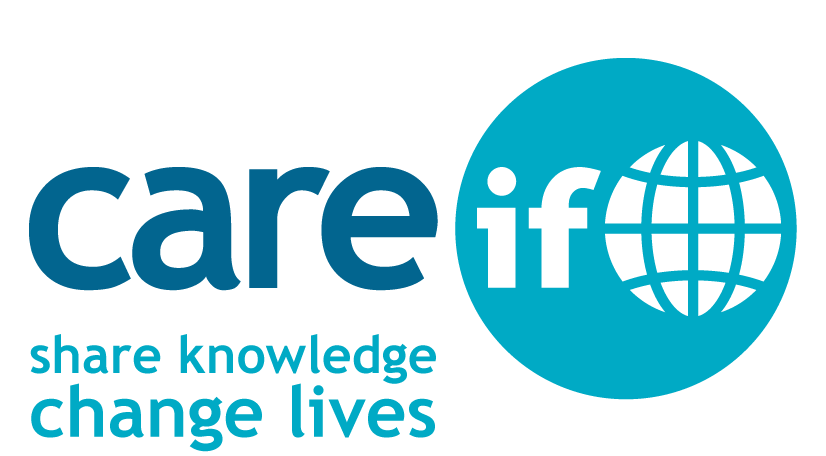Social justice, social security benefits, and employment
Careif has recently produced a video promoting the new book Social Justice, Social Discrimination, and Mental Health: Theory, Practice, and Professional Issues edited by Rachel Tribe and Dinesh Bhugra.
The launch of the video has serendipitously coincided with the recent activities in the British Parliament surrounding the second reading of the Government’s Welfare Reform Bill, in which one of the controversial proposals was to tighten the rules for access to disability benefits (Personal Independence Payment – PIP). PIP is a non-means tested benefit designed to cover the extra costs of disability. A significant number of people who receive PIP have mental health conditions, often with comorbid physical health conditions. The benefit can be given to people who are in work, and indeed, many people with a mental health condition use their PIP payments to get to and participate in work. It is an essential payment for people with a wide range of long-term conditions and disabilities. Removing this payment from people with a mental health condition can have catastrophic effects, including poverty and destitution.
The British Prime Minister has said that there is a moral case to be made for the Government’s proposed welfare reforms, implying that these reforms are fair and just. Is he correct? It is difficult to see the justice in putting people with disabilities into poverty. The Government’s own impact assessment suggests that there will be an additional 250,000 people placed into poverty, as a result of the modelled changes. (350,000 according to the New Economics Foundation). These figures do not support a social justice case for cutting access to PIP for groups of people who are especially vulnerable to poverty.
Rise of the ‘economically inactive’
But is there a moral argument for any of the Government’s welfare reform proposals? Did the Prime Minister have a point? One statistic driving some of the changes to Social Security Benefits is the rise that has been seen in people who are not working owing to sickness or disability since the COVID pandemic, the so-called three million ‘economically inactive’ individuals in Britain. There has been a rise in the number of people receiving PIP and the higher rates of sickness benefits.
Being in employment can have positive gains for individuals over and above the fact that paid work provides financial rewards. The opportunity to work should be open to everyone in order for them to reap these benefits. But our welfare and employment systems have hampered these opportunities for people with sickness, long-term conditions and disabilities to (re)enter the labour market. For people with mental health conditions, effective schemes to support people in open employment have been lacking, despite efforts by successive governments to reform the system.
Evidence-based supported employment schemes, such as Individual Placement and Support (IPS), are poorly implemented. Job Centres often offer little more than surveillance and punitive sanctions for people who do not comply with the system. Nonetheless, many people with mental health conditions would like to work if they could be given the right support. The case for fairness and justice in this instance involves the provision of the right forms of support and the removal of barriers into work. Elements of these provisions are contained in the Government’s proposals and their White Paper, Get Britain Working.
For example, it is intended that people receiving sickness benefits (Universal Credit and Employment Support Allowance) will not automatically stop these payments if they try work. Other proposals are improved back to work support. These plans offer the possibility of reducing people’s fears about losing benefits and increasing confidence and engagement with work support schemes. It is these proposals that underpin any social justice (or moral) case for reform.
The Government might wish to take care of their messaging when announcing such controversial changes. And perhaps they might like to stop conflating sickness and disability benefits in their narratives. Improving people’s access to work may be socially just, but taking away essential payments from some of the most vulnerable people in our society is neither fair nor moral.
